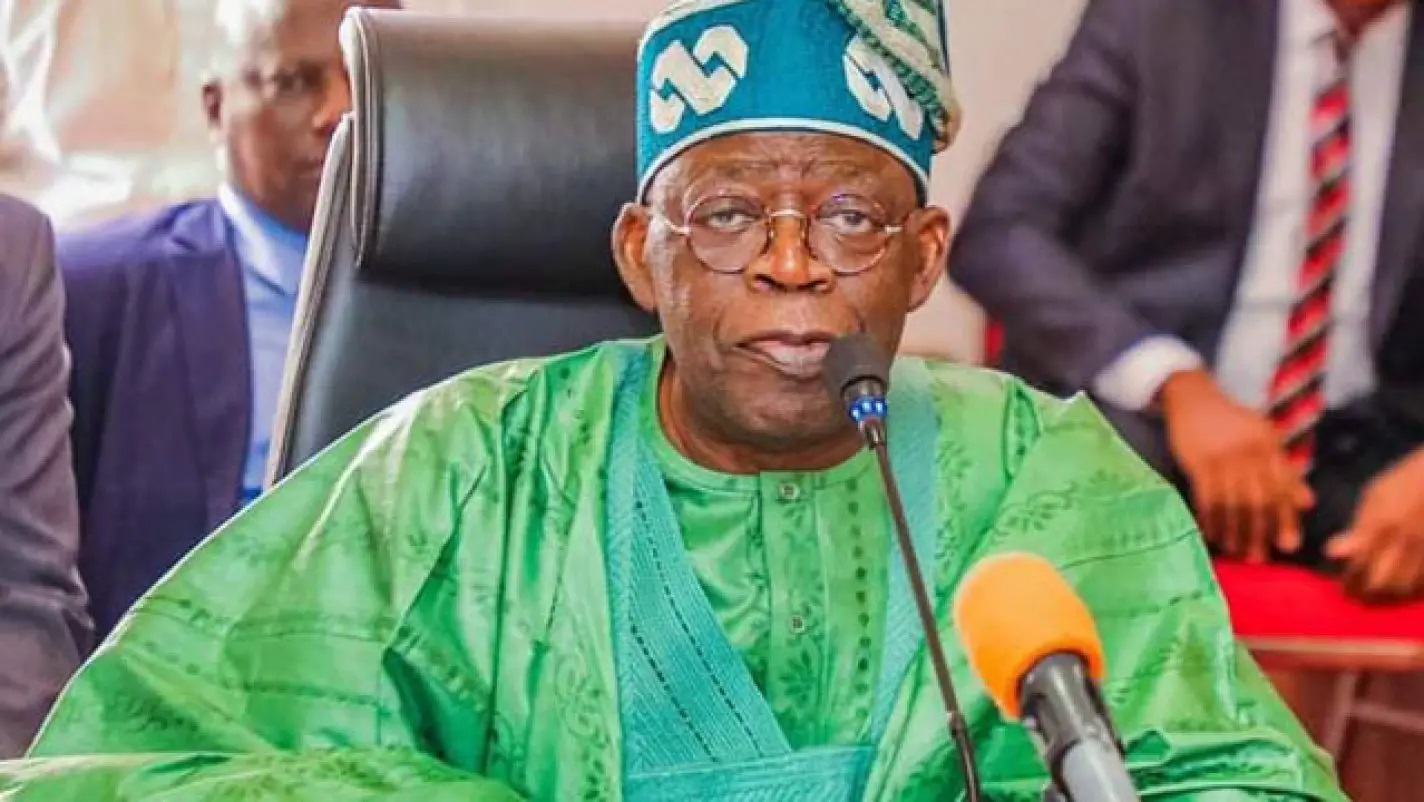Maybe due to the outcry over the large entourage of over 400 that accompanied President Ahmed Bola Tinubu to the COP 28 climate conference in Dubai, the government swiftly came up with an announcement capping the number of aides, henceforth, to accompany him for both local and foreign official travels. A similar cap was put on the entourage of the vice president, ministers and heads of agencies, hoping that the state governors would see the light and follow suit. The outcry was as a result of the observation that while the government was taking humongous loans to balance its budget, it was indulging in reckless spending on unnecessarily large entourages.
It is a grand gesture by President Tinubu to curb excessive travel spending, thus reducing the cost of governance that seems to be growing willy-nilly. It is all well for the government to issue a circular and make threats if the contents are not implemented. But that’s not it. The devil is in the detail. Entourages in these times are difficult to control. It requires a lot of discipline, watchfulness and readiness to control on the part of the leadership. Unfortunately, in the last few years, this has not manifested.
I recall that during the military regimes, the entourage was more manageable. Where I served; in the Borno State Governor’s Office in the late 1980s and early ‘90s, the core entourage was only four, the Principal Secretary to the Governor, the Chief of Protocol, the Press Secretary and the Permanent Secretary Political who doubled as briefs and speech writer. All other government officials remained in situ to run the affairs of their offices, unless required to come along.
However, when party politics returned, it became impracticable to continue this practice. In many of the states, the bigger the entourage, the longer the vehicle convoy, the more popular the governor was perceived to be. In any case, during campaign seasons, state governors’ entourages usually burgeoned to unmanageable proportions, particularly within state tours, and it would be anybody’s wonder if all that crowd in the convoy is paid from the government coffers.
- Edu: Hijrah asks Tinubu to extend searchlight to other ministers
- What Supreme Court ruling meant for Zamfara security – CSOs
In the State House where I found myself at the turn of the millennium, political dispensations had set in but the president’s convoy and entourage were still manageable as there were rules in place about who and who were in tow whenever the president was out. However, as the security situation in the country deteriorated and became dire, with bombs flying about and anyhow, the role of security operatives became more prominent and they demanded a larger proportion of both the immediate entourage and the advance official party as well.
But the entourage of the president does not stop at the number of people that accompany him on trips. The problem usually lies with what is referred to in official parlance as the advance party, mostly populated with the security operatives that would travel ahead to make arrangements for accommodation, movements and venue. Sometimes a myriad of special assistants and hangers-on successfully butt into the entourage. Between the entourage and the advance party, the distinction, if you ask me, is entirely nebulous because they are all paid for from the same coffers. On several occasions, disagreements would arise between the entourage and the administration that is in place to implement the observance of the circular.
Over a decade ago, one of our colleagues nearly had a career fatality when he insisted on imposing some strictures on the entourage of the wife of the president. His decision, which was strictly in line with the subsisting circular, would have meant the entourage being paid less than they were expecting. This caused a lot of anguish among the entourage which was duly reported to the wife of the president. She was angered, unfortunately, the president was out of the country as well as the permanent secretary who was also out of Abuja. Matters got to a head requiring the head of service to take the precipitate decision to immediately withdraw the concerned official from the State House.
When the permanent secretary returned from his outing, he was surprised to find a newly posted director among his staff. He, nonetheless, kept his cool and waited for the president to return. When the president returned, the permanent secretary in the course of a routine briefing politely requested that he wanted to be redeployed from the State House. The president was surprised by the unusual request. Most likely the president made his enquiries but a few days later, we were surprised to see our colleague returned to his office. The matter went away quietly and everyone remained in post.
However, the incident underlined the difficulty of enforcement of entourage circulars because of the emotions they evoke. One can say that the State House, at that time, had a decisive president and a courageous permanent secretary who was ready to defend his staff doing a yeoman’s job of enforcing rules and regulations.
It will need plenty of both political and administrative courage and stamina to implement the new circular.

 Join Daily Trust WhatsApp Community For Quick Access To News and Happenings Around You.
Join Daily Trust WhatsApp Community For Quick Access To News and Happenings Around You.


